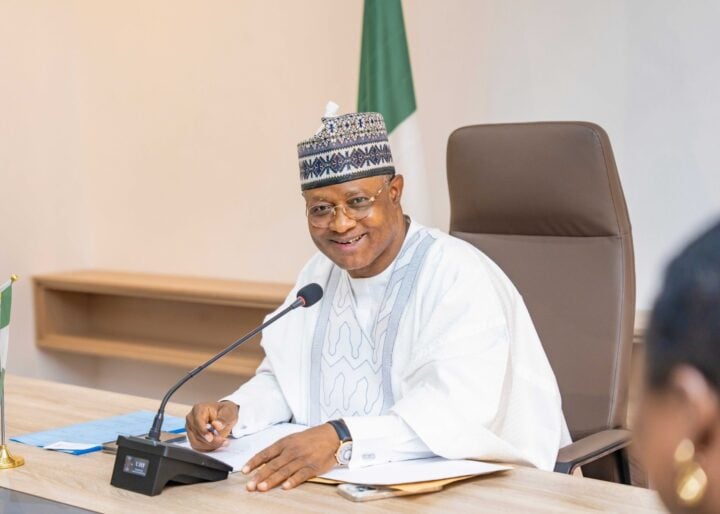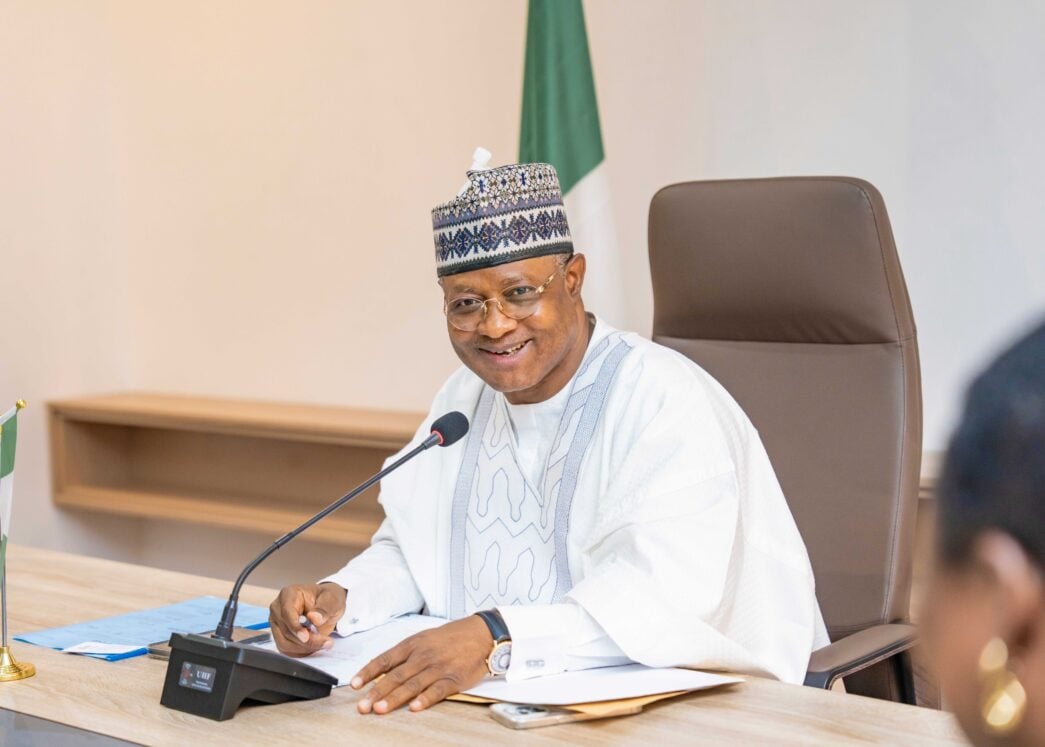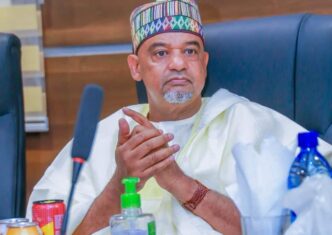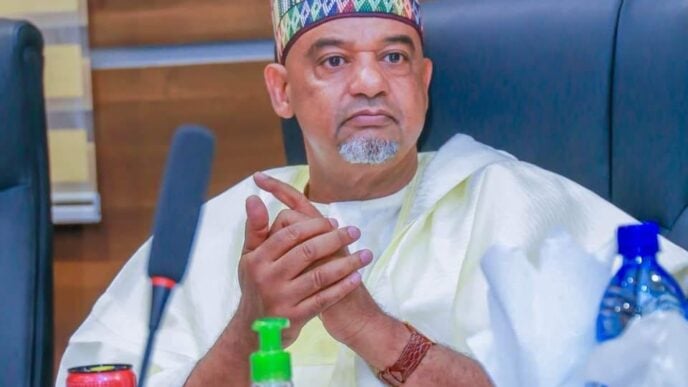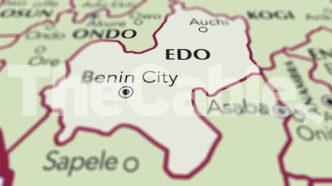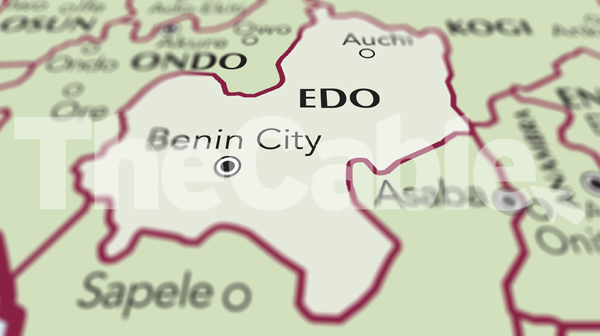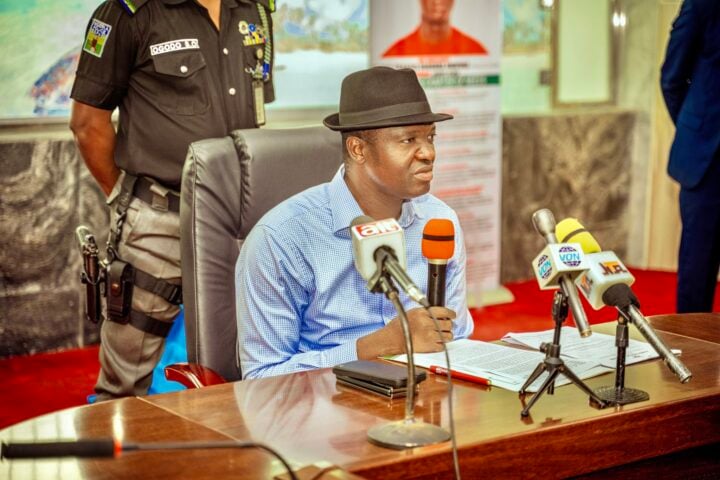Uba Sani, governor of Kaduna state, says 50 new secondary schools will be constructed across the state to improve access to education.
The governor spoke on Monday at the reaching out-of-school children (ROOSC) start up workshop.
He said the state government has identified access to quality education and provision of infrastructure as a key challenge in the north.
The governor said his administration will tackle this key challenges by improving access, building and rehabilitating education infrastructure to ensure conducive learning environment and capacity building for teachers.
Advertisement
He said his government will focus on harnessing the capacity of ICT to improve access, quality and management of education, prioritise girl-child education, and strengthen security in the state.
Sani said his administration has built 62 new secondary schools, comprising 39 junior and 23 senior secondary schools, across the three senatorial zones to cater to the growing educational needs of the state.
“Recognizing the continued demand for quality education, approval has been given for the construction of an additional 50 secondary schools across the state. The procurement process for this ambitious project is currently in its advanced stages,” he said.
Advertisement
“Upon completion, these new schools are expected to enrol over 100,000 students, further solidifying Kaduna State’s commitment to providing inclusive and accessible education for all.
“The administration has also constructed 2,326 new classrooms, renovated 707 classrooms, supplied 30,742 two-seater pupil’s furniture, provided 3,704 Teachers Furniture, and constructed 918 VIP Cubicle Toilets and 51 hand pump boreholes in schools across the state.”
The governor said 2,000 newly recruited teachers will be deployed to these newly completed schools to ensure effective teaching and learning.
He said the state has distributed 1,482,816 instructional materials, trained over 26,000 teachers, head teachers, and school support officers on basic computer skills, classroom management, literacy and numeracy skills and school management information systems.
Advertisement
“Although our administration is making steady progress in improving access to education, infrastructure and quality of teaching. But the number of children who are out of school remains a major concern to us,” he said.
“We are determined to decisively tackle the problem on a larger scale and chart the path to a better future for our poor, vulnerable and underserved children.”
Add a comment
